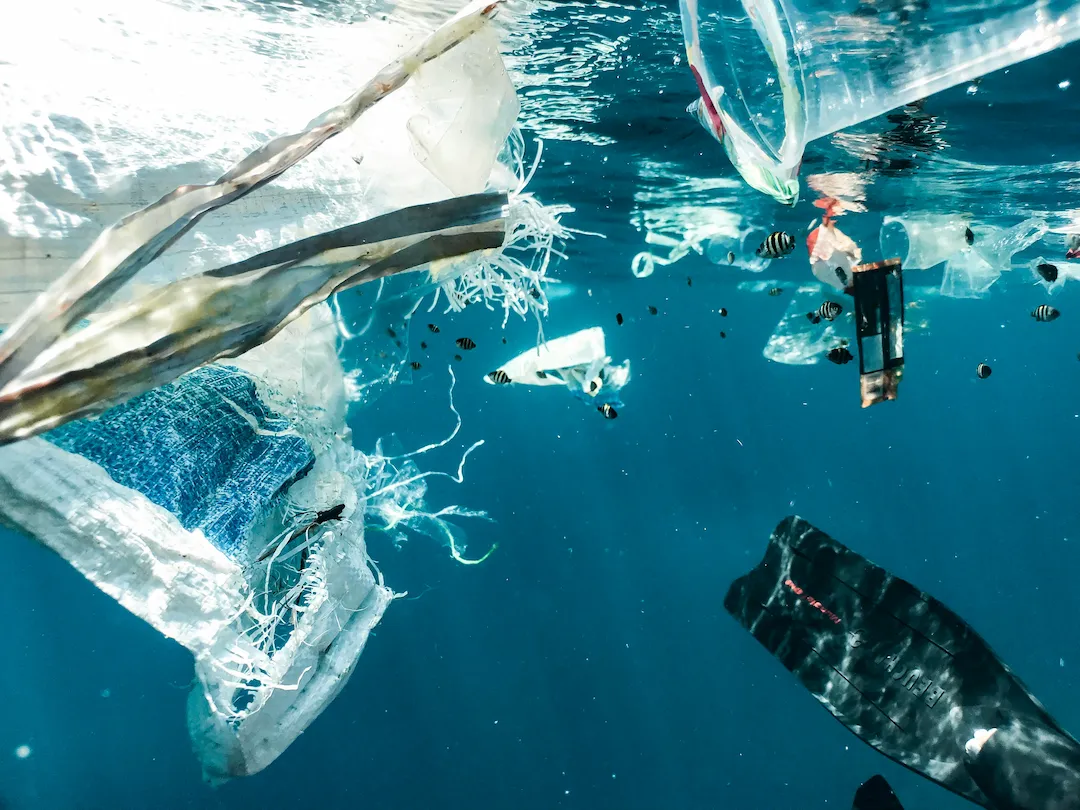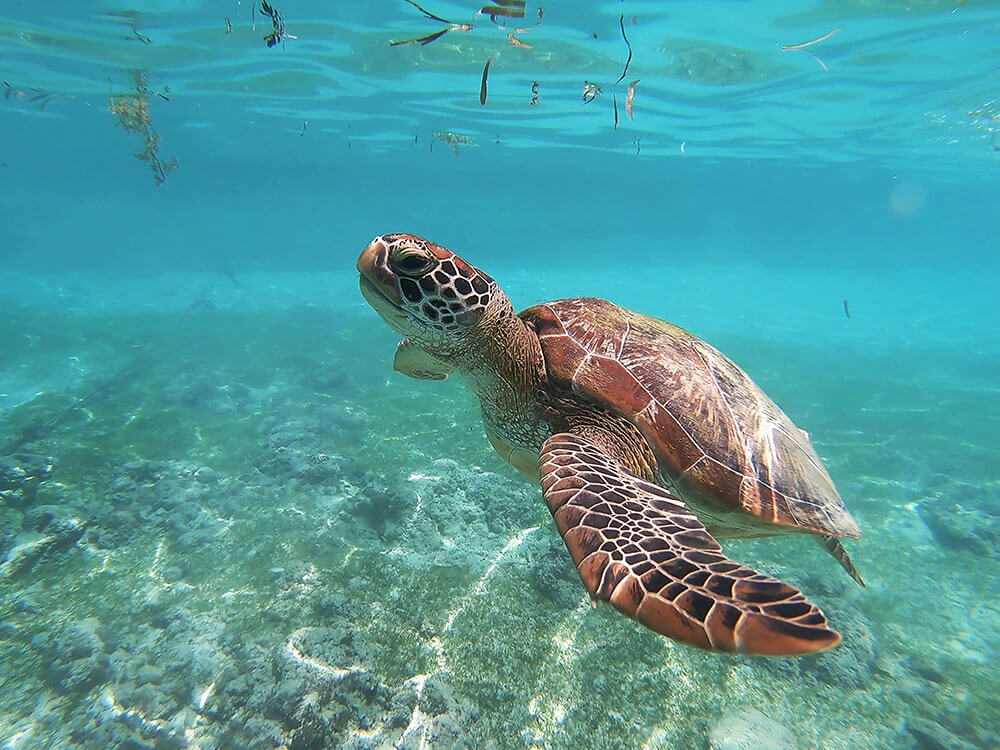 Plastic Pollution and Recycling
Plastic Pollution and Recycling
 Photo by Olga ga on Unsplash
Photo by Olga ga on Unsplash
Plastic pollution stands as one of the most pressing challenges humanity faces today. Our pervasive throwaway culture has unleashed a torrent of plastic waste, with vast quantities finding their way into our ocean, wreaking havoc on marine life, ecosystems, and ultimately, our planet.
Think about the plight of marine wildlife – the seabirds and sea mammals get caught daily in a tragic dance with ocean plastic. And let us not forget ourselves, the unwitting participants in this enormous crisis. We unknowingly consume microplastic every day, fueling serious concerns over potential health risks such as reproductive issues and chronic diseases.
The good news is that the battle is not lost. If consumers, government entities, civil society, and businesses unite, we can address the causes of plastic pollution and stem the tide of ocean plastic pollution by 80 percent.
Our collective actions can create a future where our ocean and our planet are free from plastic pollution. Download our whitepaper “Becoming a Changemaker: How your business can help stop ocean plastic” and discover:
- The impacts of the plastic waste crisis
- The 8 interventions to ocean plastic
- The role of your business in stopping ocean plastic
- Why doing good makes sense for your business
- How to make your business plastic-neutral
Empower your business to be a force for positive change.





